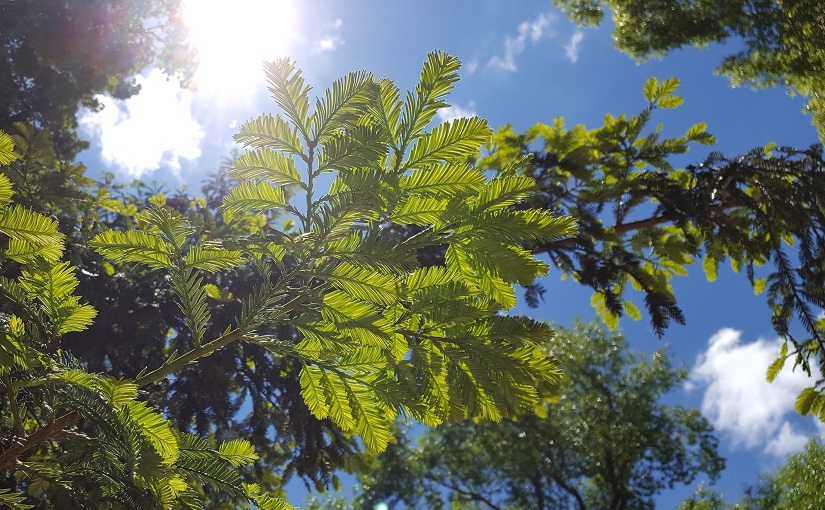Our lives are clearly saturated by thought: all the ideas we have about ourselves, our lives, others, society, what things mean, and what we should be doing. It’s almost as if, from the moment we’re born, we’re surrounded by all these thoughts about life that make themselves known to us one way or another (Notes One). From that, we’re then building up our own ideas of what life’s about.
It’s interesting to think we carry a world in our heads – all these interpretations, conclusions, assumptions, judgements, views and feelings about it all. Without knowing it, we must “have” a pretty comprehensive set of ideas about everything. Some we might be acutely aware of, spending much of our time living in those thoughts; but some we might’ve barely considered, letting them lodge up there all unexamined.
Maybe it’s just a personal thing? As in, that the contents of our heads are simply our own business. But it must spill out into the world around us, into the choices we’re making economically and beliefs we’re acting on socially, for example. Our thoughts seem to necessarily inform our habits and decisions in life, thereby serving to build up our personal and collective realities.
So, it seems, perhaps, advisable to have a fairly solid overview of all that’s going on: a realistic, workable, flexible understanding of human society, its functions and history, our current activities, and any problems there may be (Notes Two). How else are we to rightly judge all the decisions falling in our laps? Do we just apply logic, out of context, disregarding that bigger picture into which everything undeniably fits?
How we see the world seems so very important. We might look at it from our personal, social, national perspectives – through the lens of our own sense of identity and belonging – or we could seek a more global view of all the systems we’re involved with. Because it certainly seems, in every area of life, that our realities are increasingly crossing traditional boundaries into a more all-inclusive space (Notes Three).
Can we then develop a “worldview” capable of encompassing all that’s going on while still accepting that our field of activity and influence is generally quite localised to those personal, social, national realities? Is such an overarching perspective possible, without becoming superficial and not giving everything the weight it really deserves?
What would it mean to have such a picture in mind – a framework against which we could compassionately and confidently evaluate all life throws at us? If we understood the context, agenda and motivation of those operating within the various areas of our lives – cultural, political, economic, social – and were able to judge what they were saying and who to truly trust?
It’s an idea, I suppose, of a broadly and evenly educated body of people, capable of judging wisely and responding well to all the freedoms of modern life. A sense of information and awareness within which we care deeply about every situation we’re playing a part in.
Notes and References:
Note 1: Common knowledge
Note 1: Able to see what matters?
Note 1: Culture as reflection
Note 2: All that’s going on around us
Note 2: Strange arrogance of thought
Note 2: Value in being informed
Note 2: Interdependency
Note 3: Concerns over how we’re living
Note 3: Can we manage all-inclusive honesty?
Note 3: Convergence and divergence
Picking up on that closing thought around freedom and responsibility was one thread of Questions around choice.

